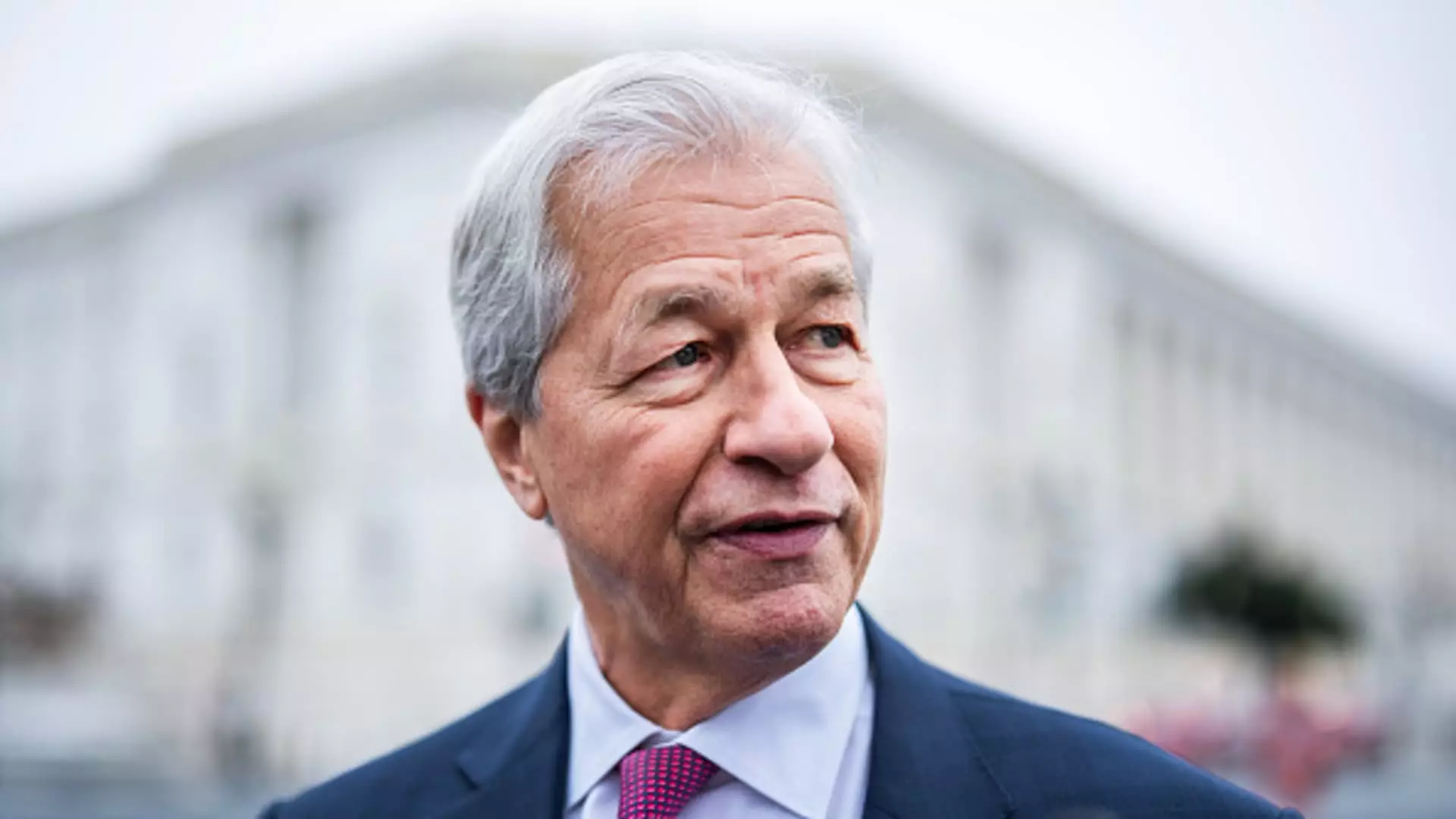For more than a decade, the Consumer Financial Protection Bureau (CFPB) has stood as a bulwark for American consumers against the potential excesses and deceptive practices of financial firms. Much of its existence has been marked by tension, with these same firms often portraying the agency as an overly aggressive enforcement mechanism that undermines their business interests. The stakes couldn’t be higher now, as the agency finds itself in a precarious position following a significant political shift. With the advent of the Trump administration, what was once a cornerstone of consumer advocacy is now teetering on the brink of obsolescence. The irony? Some of the very banks that disdained the CFPB have begun to realize that its dismantlement might backfire dramatically, leaving them vulnerable in an unregulated landscape dominated by nonbank financial players.
Redefining Competition
Imagine a financial ecosystem where PayPal, Venmo, and various fintech companies operate with near impunity. The CFPB serves as the regulatory body that creates a playing field of oversight, particularly aimed at non-depository institutions. These firms can offer similar services without the comprehensive scrutiny that traditional banks endure. With the potential reduction of the CFPB’s authority, we might be hurtling back to a pre-2008 world, where state regulators were left to bear the burden of consumer protection—an inefficient, fragmented approach that was clearly ineffective leading up to the last financial crisis.
While technology has advanced, so too have the tactics of those who might exploit a lack of oversight. Recent data indicates that fintech companies opened almost as many accounts as all traditional banks combined, effectively squeezing traditional institutions. The new reality is that if the regulatory checks that the CFPB provides are stripped away, traditional banks will find themselves disadvantaged—not just in a competition of services, but in maintaining ethical standards in the face of unfettered innovation.
Internal Turmoil: The CFPB in Crisis
The internal dynamics at the CFPB reflect a broader struggle for clarity and purpose in a transforming landscape. Recent changes ushered in by the Trump administration point to a renewed tactic of undermining the agency from within. The swift downsizing strategy executed under Acting Director Russell Vought, which aimed to decimate the agency’s workforce, signals a troubling trend. Internal communications reveal plans that could reduce the workforce to five employees, effectively crippling the agency’s ability to enforce consumer protections.
Such a dramatic reduction not only undermines the foundation laid by the CFPB but also raises questions about the administration’s commitment to equitable financial practices. The federal judge’s move to temporarily halt Vought’s actions indicates that the legal ramifications of such maneuvers may still have a chance to keep the CFPB afloat, but the long-term implications of undermining the agency will likely leave scars on consumer rights.
The Banks’ Dilemma: From Opponents to Allies
This is where the story gets particularly intriguing. Banks that once vilified the CFPB for its strict regulations now find themselves at a crossroads. Some leaders are now advocating for the continuation—not the cessation—of the agency. They have realized the necessity of having a body capable of supervising both banks and nonbanks to maintain a level playing field.
Banking executives have begun to speak out against dismantling financial oversight structures. Jamie Dimon’s comments at a recent banker convention highlighted the shift in sentiment, where he urged his peers to “fight back” not just against regulators, but for the preservation of a regulatory framework that fosters competition without sacrificing consumer protections. This indicates that even among the largest financial players, there’s a growing acknowledgment that regulatory structures are necessary for stability, consumer trust, and ultimately, market equilibrium.
Long-Term Consequences: A Fragile Future
The potential dismantling of the CFPB could result in unforeseen and severe repercussions. Dismissing the agency might not only strip consumers of crucial protections but will also downgrade the integrity of the banking system. As nonbanks operate largely unchecked, the risk of predatory practices looms large. Small banks and credit unions—often overlooked in these discussions—will likely bear the brunt of this regulatory apocalypse, left to fend for themselves in a rigged competition against larger entities that will receive less scrutiny.
In navigating contemporary finance, any inclination to delete the CFPB could be a grave misstep. The systemic intertwining of traditional banks and fintech demands a regulatory body that evolves alongside it, ensuring that policies are updated and enforced. The conventional wisdom that banks desire the end of CFPB oversight is misguided; rather, they are clamoring for a measured approach that safeguards the economic landscape while nurturing growth.

